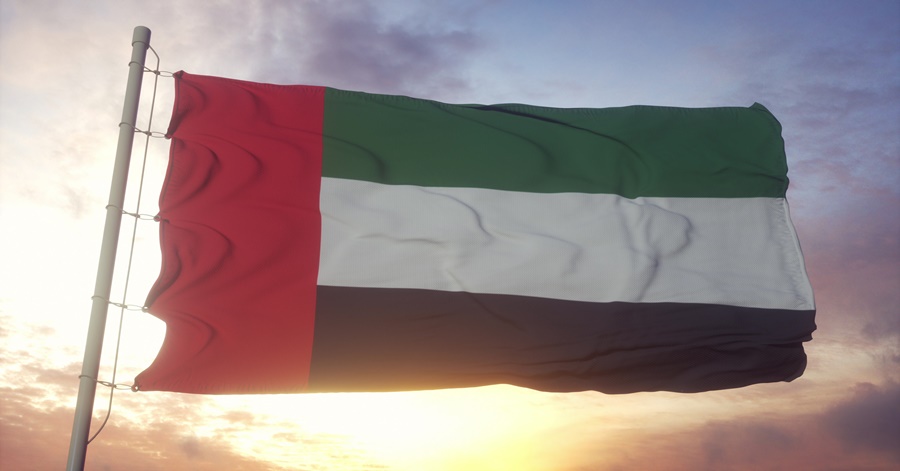According to a research report, the UAE’s economy has experienced its biggest growth since the country was afflicted by the ongoing COVID-19 pandemic.
READ ALSO: 93% of Residents Claim They Are Proud to Live in UAE – Survey
According to the IHS Markit UAE Purchasing Managers’ Index (PMI), the UAE’s employment sector grew at the quickest rate since January 2019, while an increase in new orders fueled production growth.
More Job Opportunities Available as UAE Makes A Strong Economic Rebound
However, delays in shipments from Asia have resulted in lengthier delivery times for suppliers starting April 2020, contributing to an increase in input costs. The PMI increased from 52.2 in June to 54.0 in July, indicating a significant improvement in business conditions, the Khaleej Times reported.
According to David Owen, an economist at IHS Markit, the non-oil sector had a busy start to the third quarter of the year, with firms reporting the sharpest increase in new orders. Soaring domestic sales and robust market confidence fueled economic activity.
In July, the outlook for future non-oil activity remained positive, with enterprises hoping that the relaxation of Covid-19 limitations and the upcoming Expo 2020 would help to improve economic conditions.
Owen stated that the headline PMI was broadly at its long-run level of 54 in July, indicating that the economy was substantially back to normal growth, although many firms reported that output had not yet rebounded to pre-Covid levels.
In July, he noted, orders from outside were a disappointment, and sales were hampered by pandemic-related actions all around the world.
According to the survey, the output and new orders indices maintained the same trajectory in July, rising to their highest levels since July 2019. The latest increase in new orders was the eighth in nine months, as businesses reported a further recovery in demand as limitations were relaxed.
However, ongoing COVID-19 actions in other areas of the world have resulted in a third consecutive drop in export sales in July, with enterprises increasingly resorting to local clients to help regain new business. The supply of inputs was also impacted by the lockdown measures at the start of the third quarter, particularly from Asia.
In Saudi Arabia, the PMI declined for the first time in four months in July, to 55.8 from 56.4 in June, due to slower increase in output, new orders, and employment compared to the previous month.
READ NEXT: Job Hunting in UAE? Check Out These Openings from Tech Giant Apple
